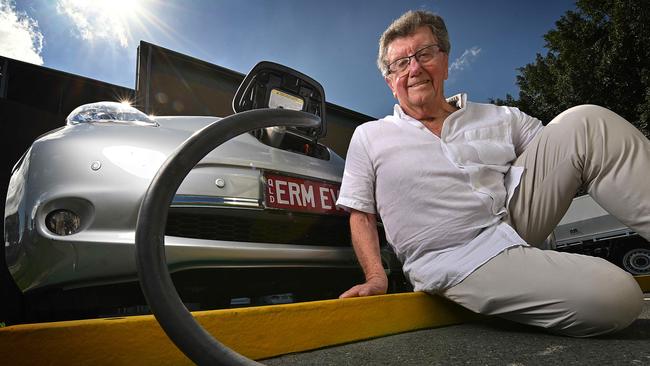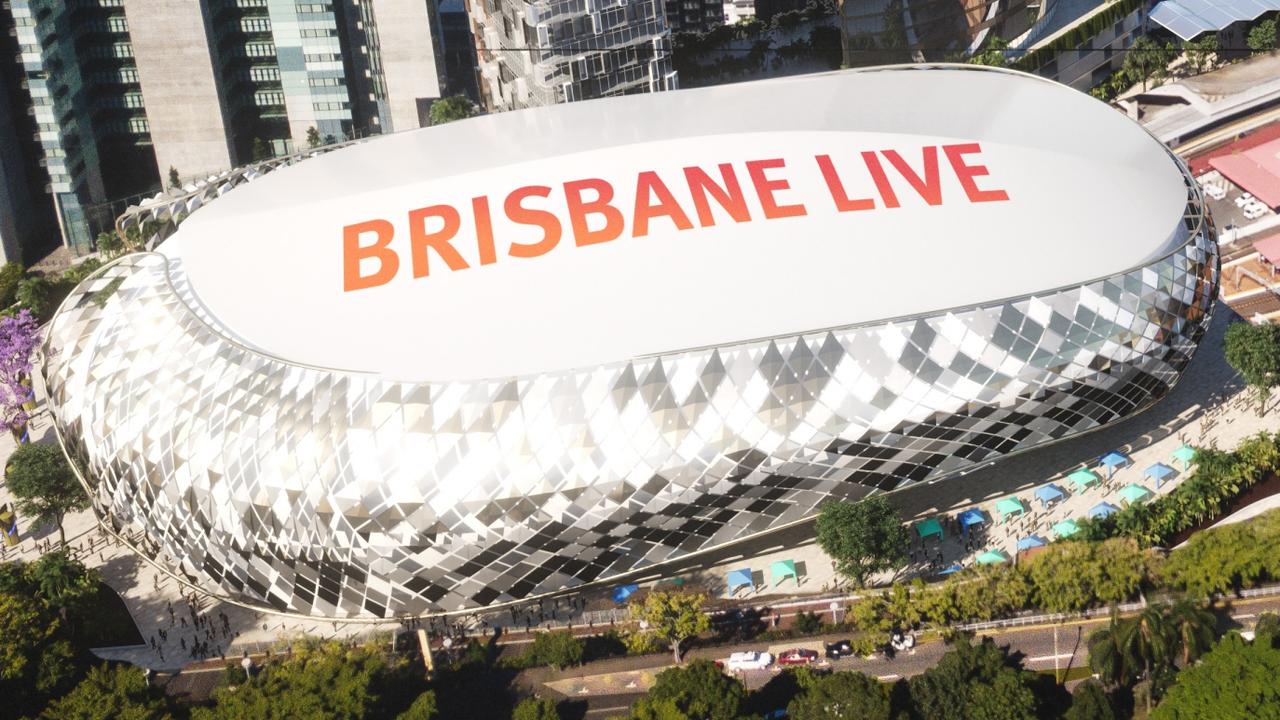Future Brisbane: How city could become cleanest in the world
Energy and EV businessman Trevor St Baker outlines his ideas to turn Brisbane into the quietest and cleanest city in the world.
Future QLD
Don't miss out on the headlines from Future QLD. Followed categories will be added to My News.
Brisbane could become the quietest and cleanest city in the world prior to the 2032 Olympic and Paralympic Games.
It’s an ambitious goal and will require leadership and adaptation, but one we can achieve through the electrification of transport.
COMPLETE OUR SURVEY HERE, VOTE FOR THE PRIORITIES BELOW AND LEAVE A COMMENT AT THE BOTTOM OF THE STORY
Transforming our vehicle fleet and public transport systems to electric will not only help the planet but save families and businesses money.
We can convert taxis, ride-hail vehicles and delivery vans to battery electric vehicles (BEVs) by 2030. After that, non-BEVs could be charged to drive into the Brisbane CBD.
To get there, we need to start changing the conversation on electric vehicles and challenging the many misconceptions.
We know they reduce fuelling, service and maintenance costs by at least 80 per cent. I drive an 11-year-old Nissan LEAF which has never required a mechanical repair.
The cost to purchase is also falling rapidly. EVs are available in all price ranges and as low as $37,000 new with a positive resale value.

There are thousands of public EV fast charge stations already in service, under construction or committed to be operational by the end of 2023 in every suburb of every city in Australia.
In Europe, buses and trucks are going electric - not hydrogen - with super-fast EV chargers of one megawatt charge capability. We need to do the same here in Australia.
A by-product of that will be carbon mitigation and a bigger emissions reduction than any sector could achieve in the next 10 years.
St Baker Energy has 89 charging stations operating now, with 180 DC fast chargers installed and serving the public. By the end of the month, 95 public fast charge stations will be live across every capital city and on interconnecting highways. In 12 months’ time it will be 300 stations.
Globally, private car ownership is projected to peak soon and then decline as younger generations turn away from car ownership in favour of low-cost ride-hail.
Smart planning needs to reflect this shift and the coming surge in electric vehicles as Queenslanders, and Australians, look for cheaper transport options.


